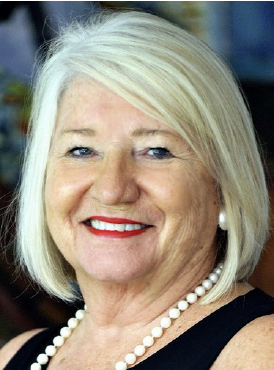About the Author
 Linda Richter, a developmental psychologist, is the author or co-author of more than 400 papers and chapters on basic and policy research in child and family development. She led the 2017 Lancet Series, Advancing Early Child Development: From Science to Scale, and is engaged in related follow-up implementation activities including the development of the Nurturing Care Framework and the Early Childhood Development Country Profiles as part of Countdown to 2030. Linda led the development of South Africa’s National Integrated Early Child Development Policy and Programme, adopted by Cabinet in 2015, and is the Principal Investigator of several large-scale, long-term collaborative projects, including a birth cohort study of 3,273 South African children followed up for 28 years.
Linda Richter, a developmental psychologist, is the author or co-author of more than 400 papers and chapters on basic and policy research in child and family development. She led the 2017 Lancet Series, Advancing Early Child Development: From Science to Scale, and is engaged in related follow-up implementation activities including the development of the Nurturing Care Framework and the Early Childhood Development Country Profiles as part of Countdown to 2030. Linda led the development of South Africa’s National Integrated Early Child Development Policy and Programme, adopted by Cabinet in 2015, and is the Principal Investigator of several large-scale, long-term collaborative projects, including a birth cohort study of 3,273 South African children followed up for 28 years.